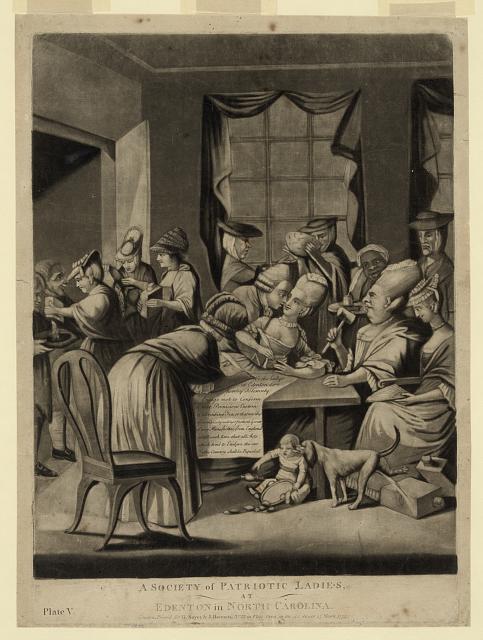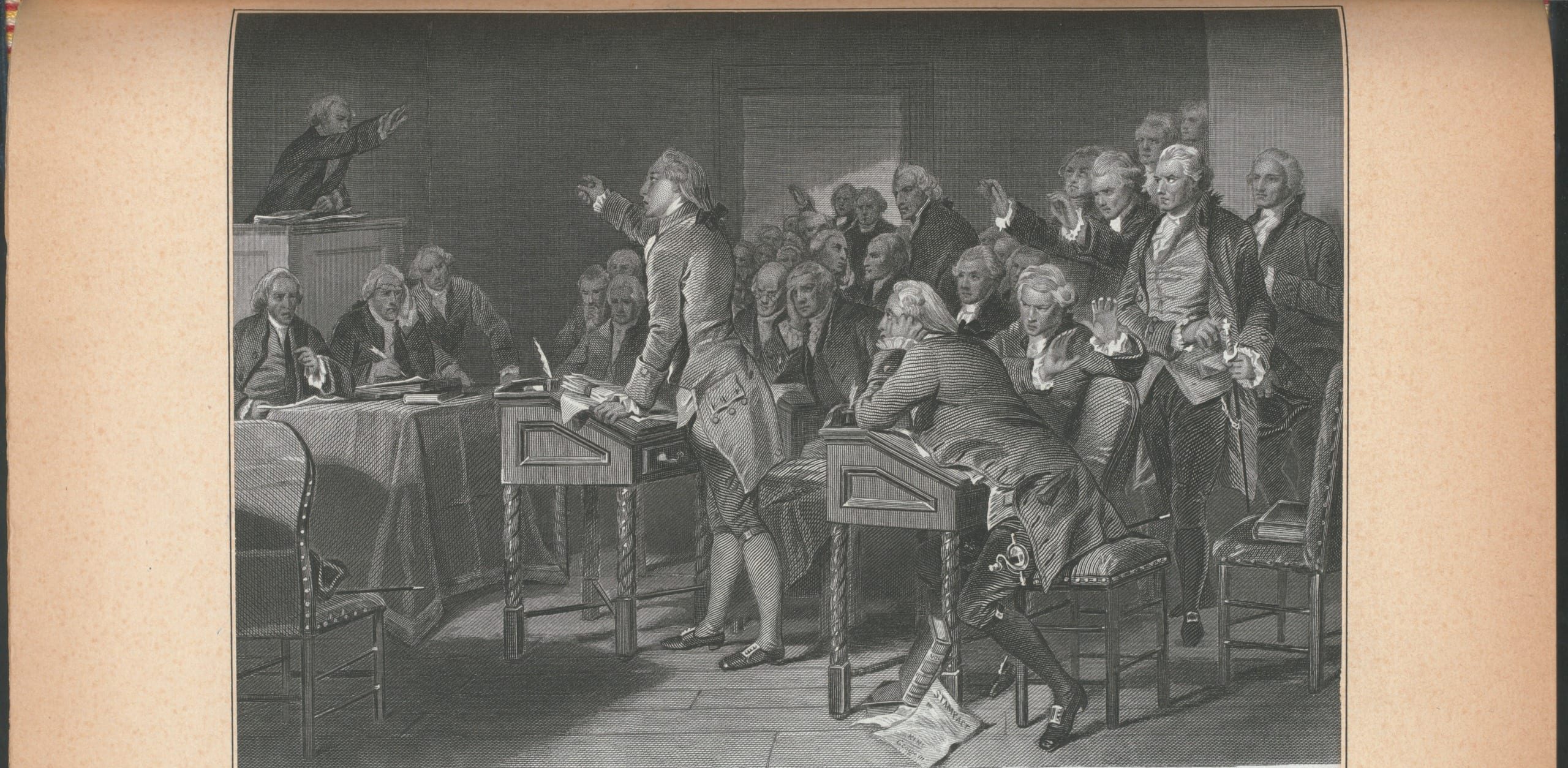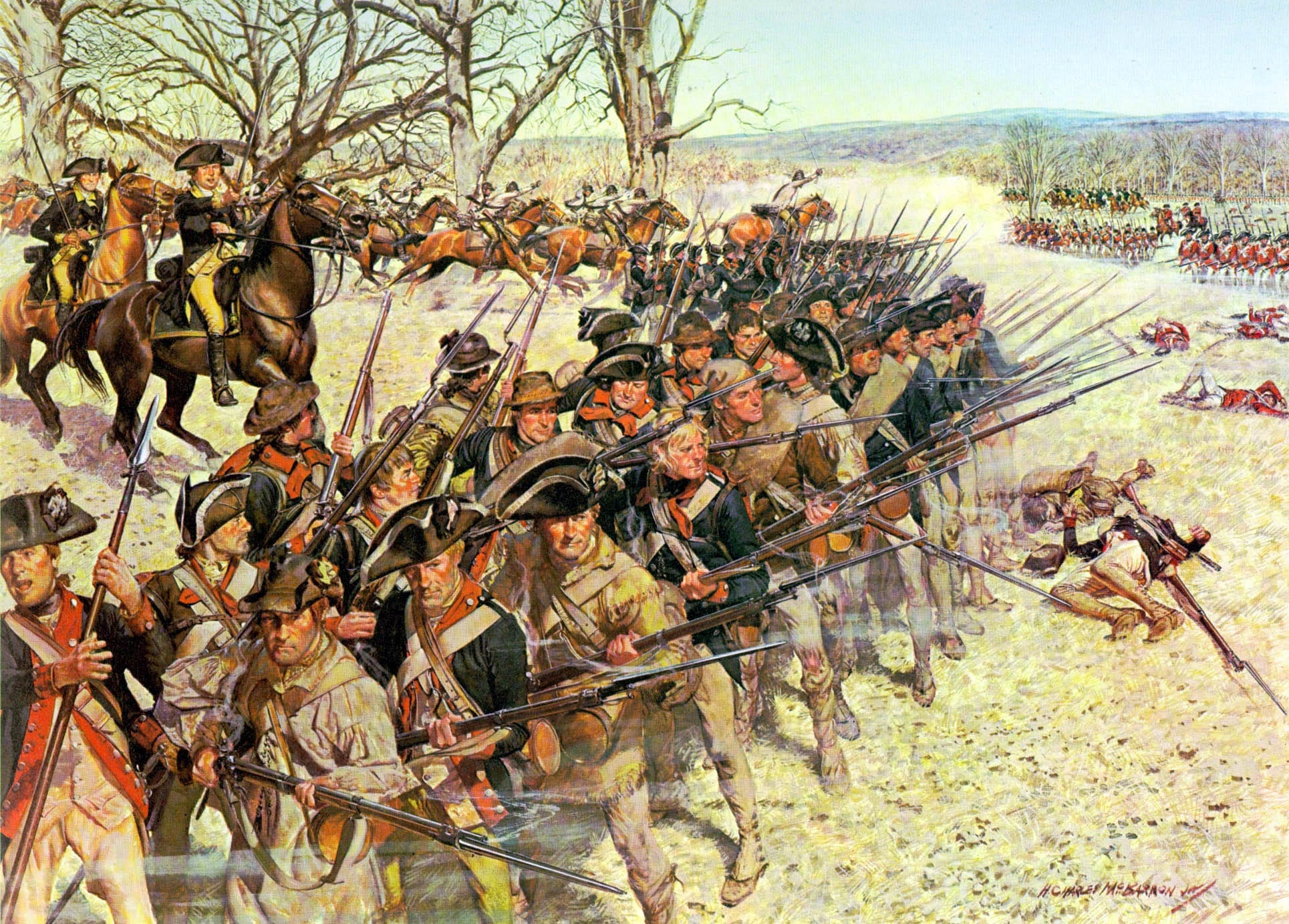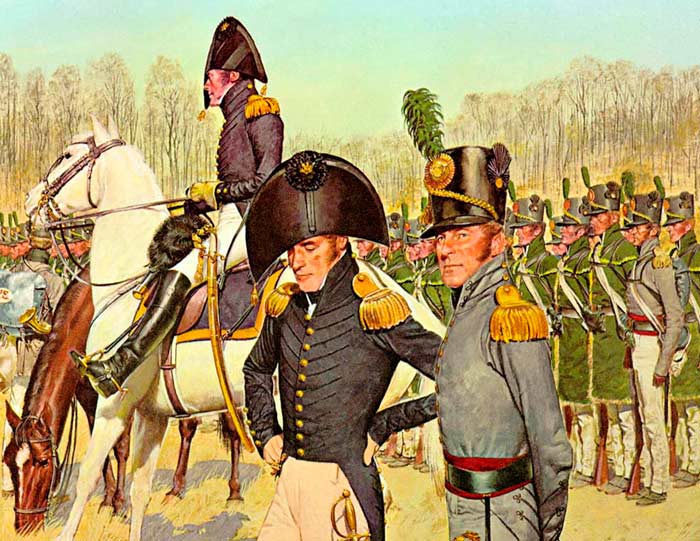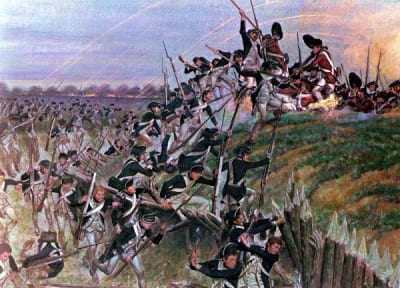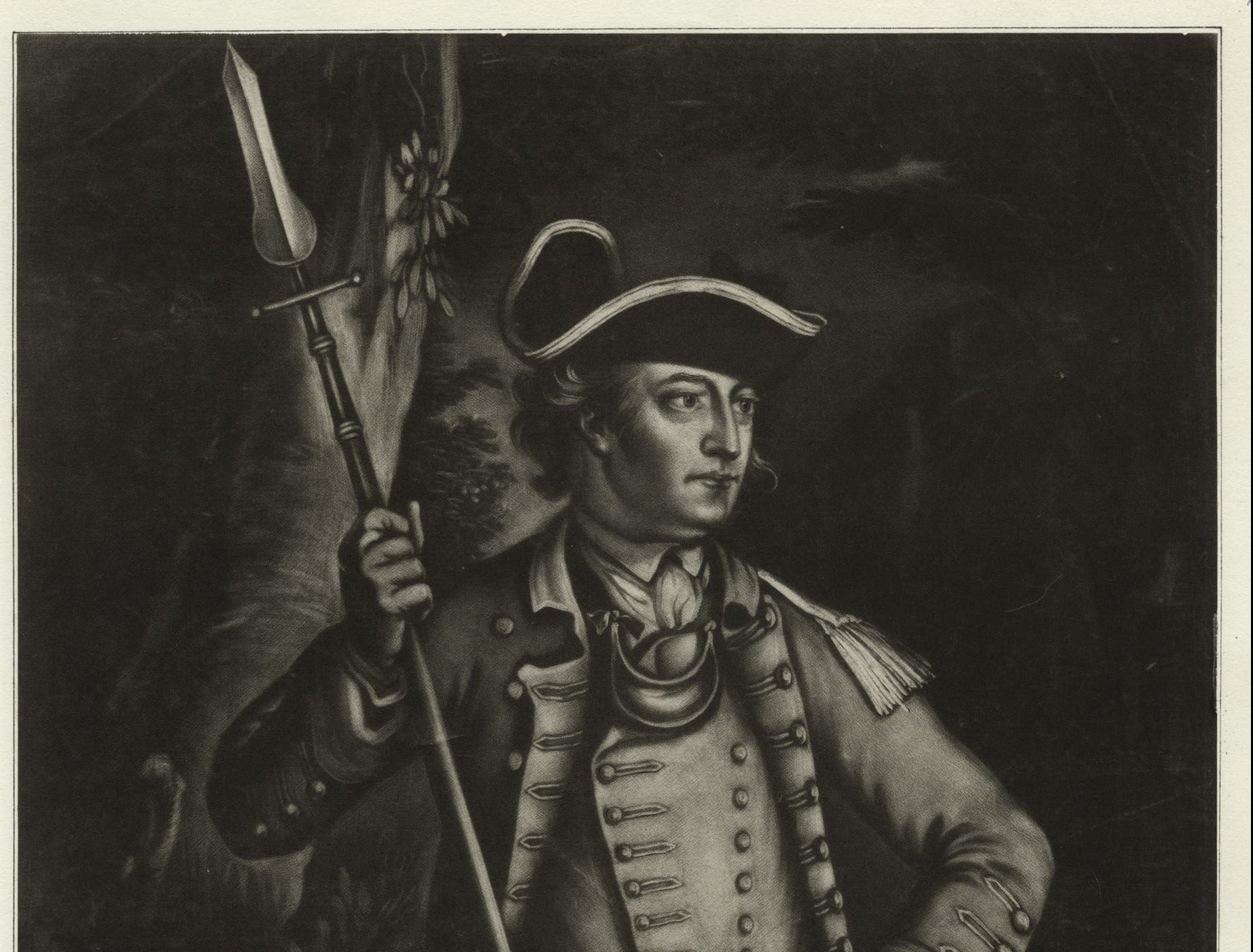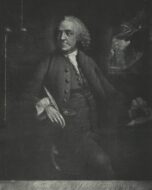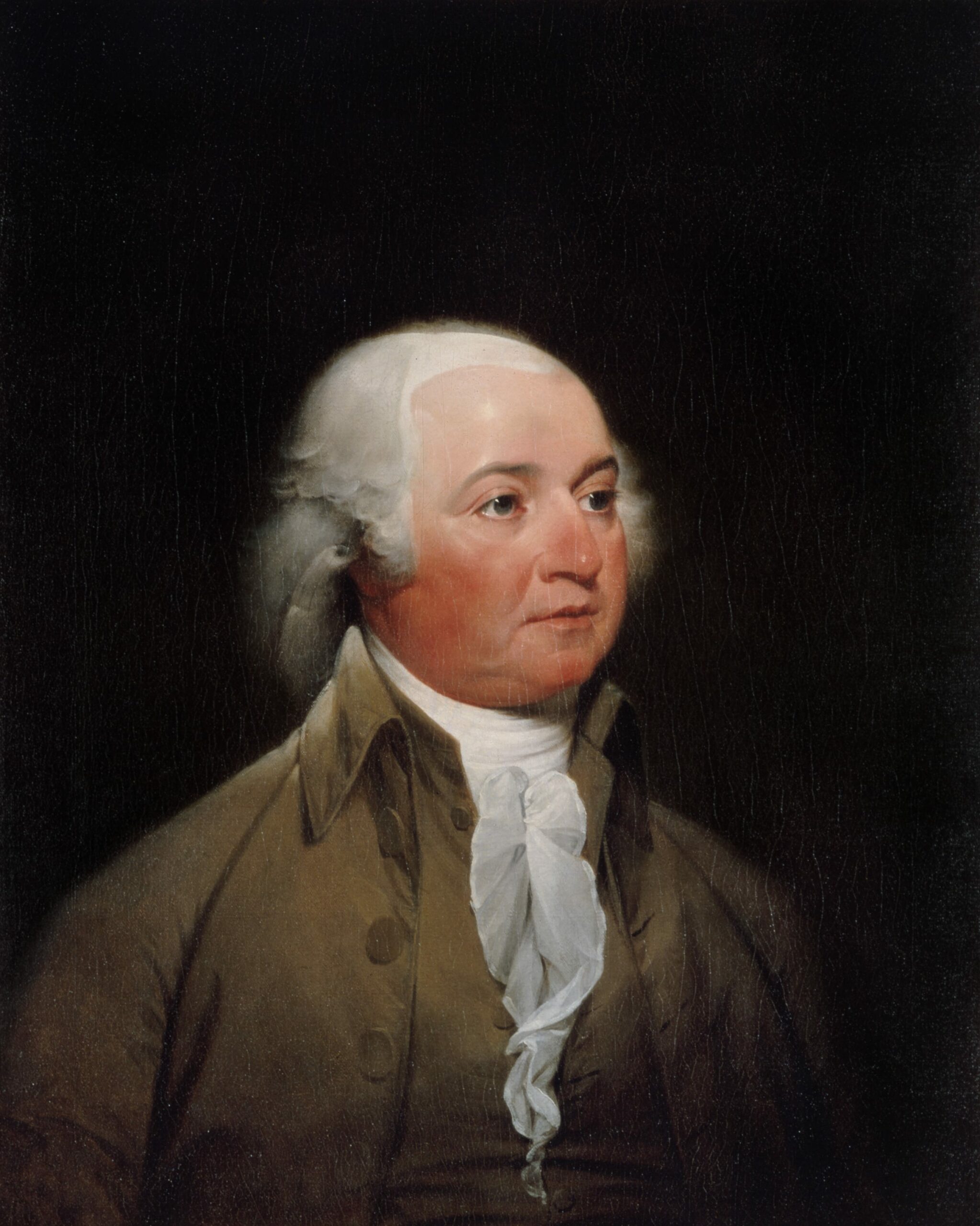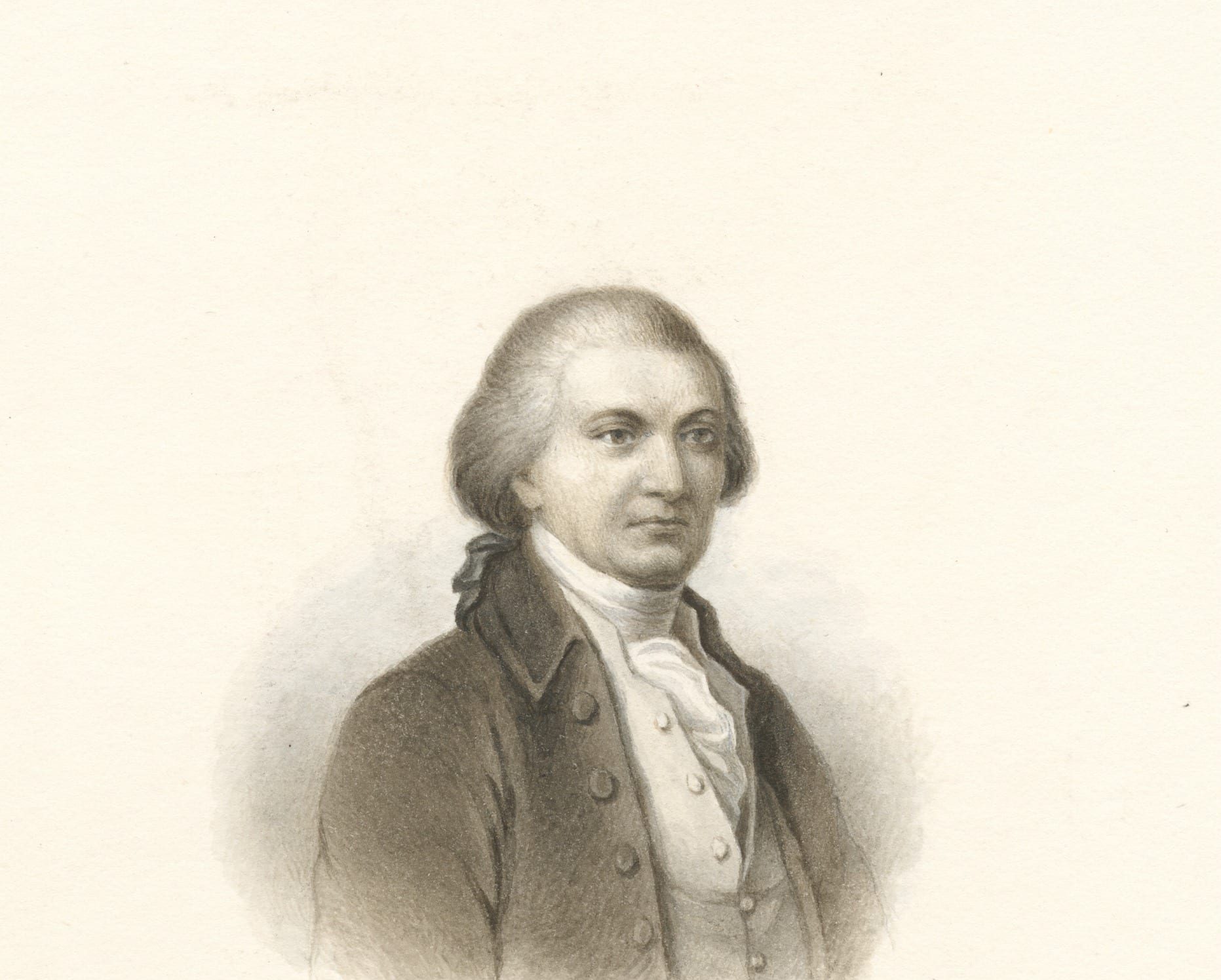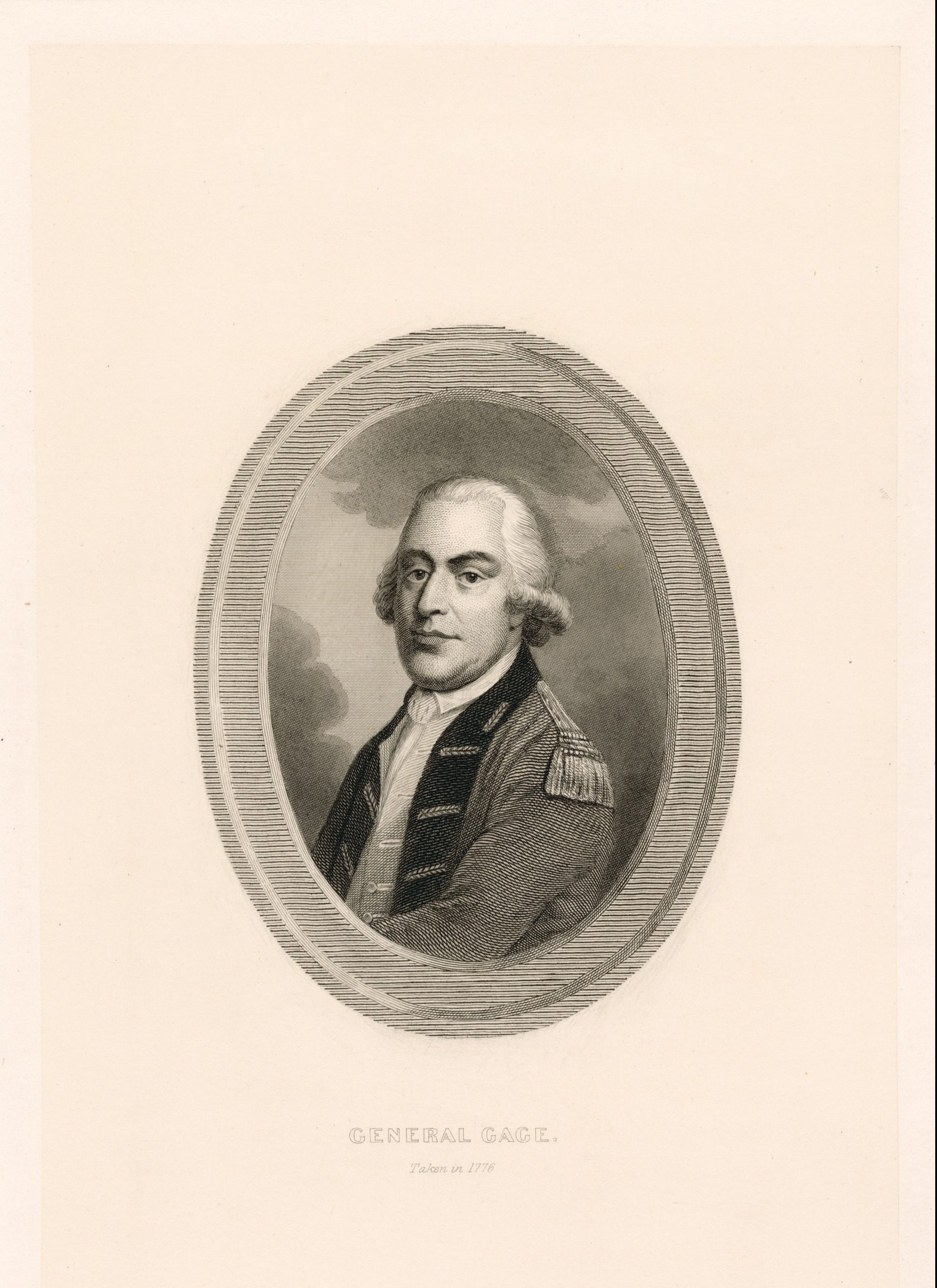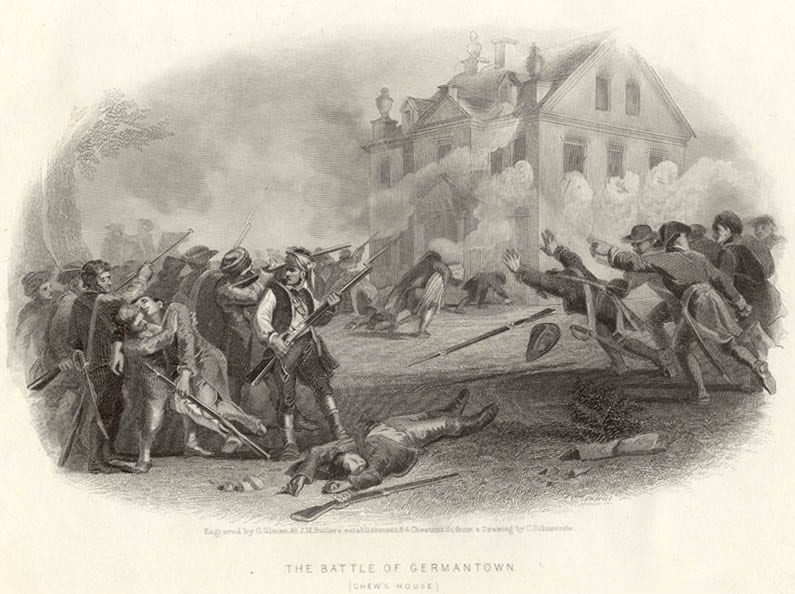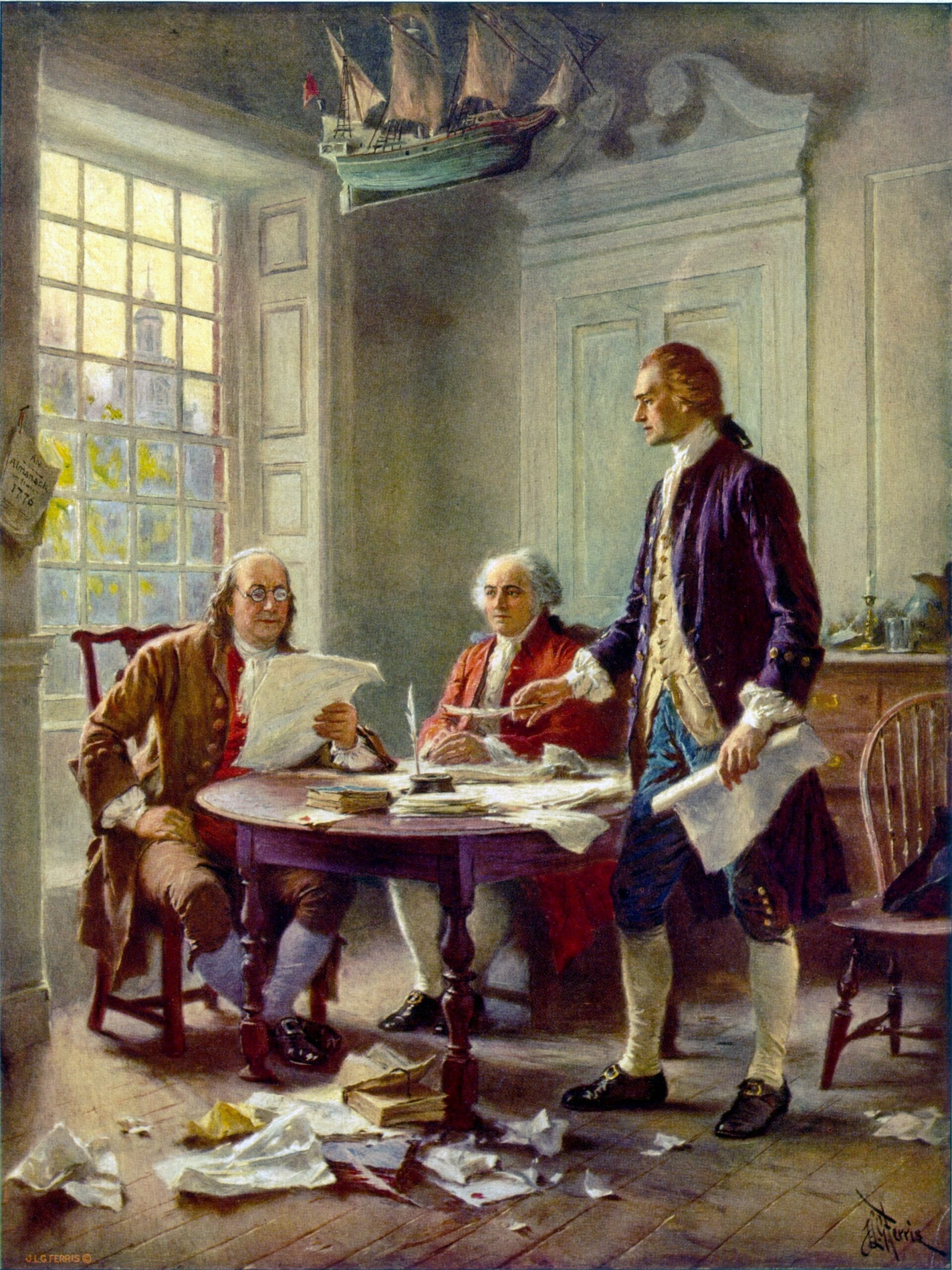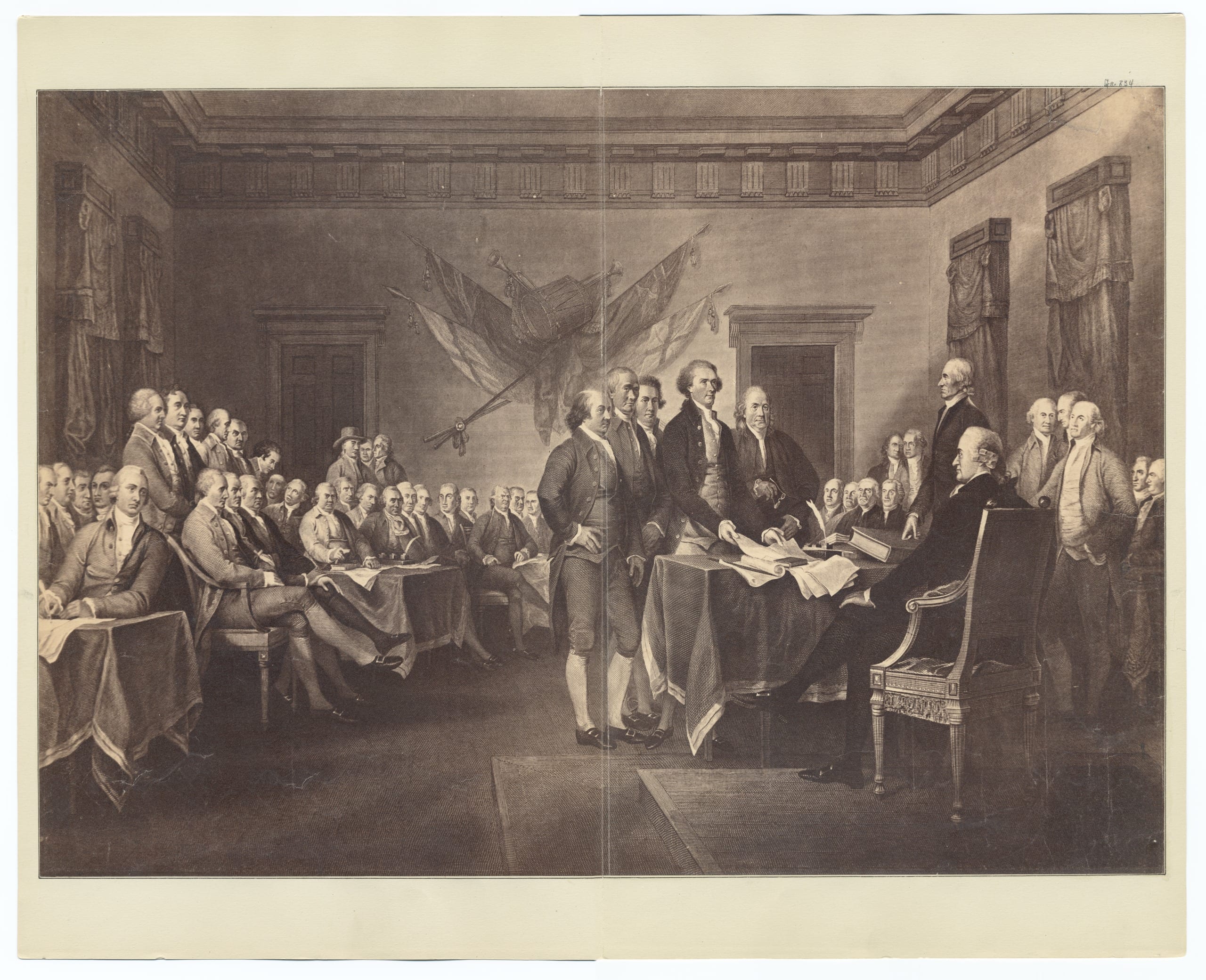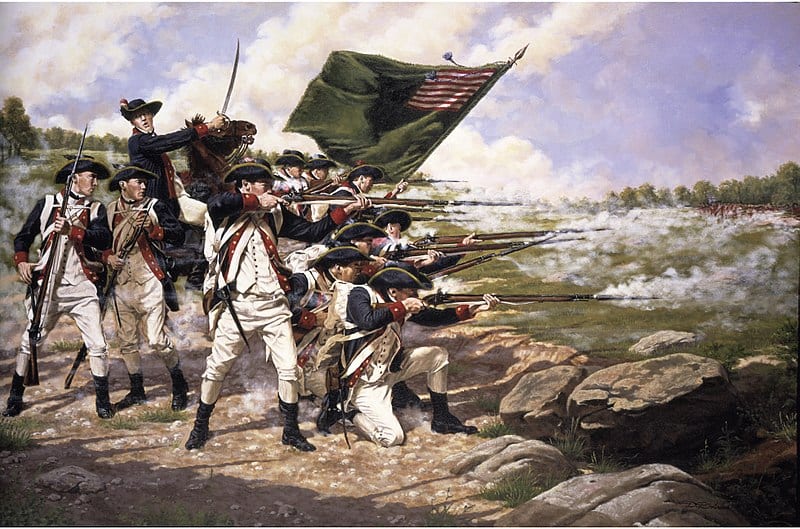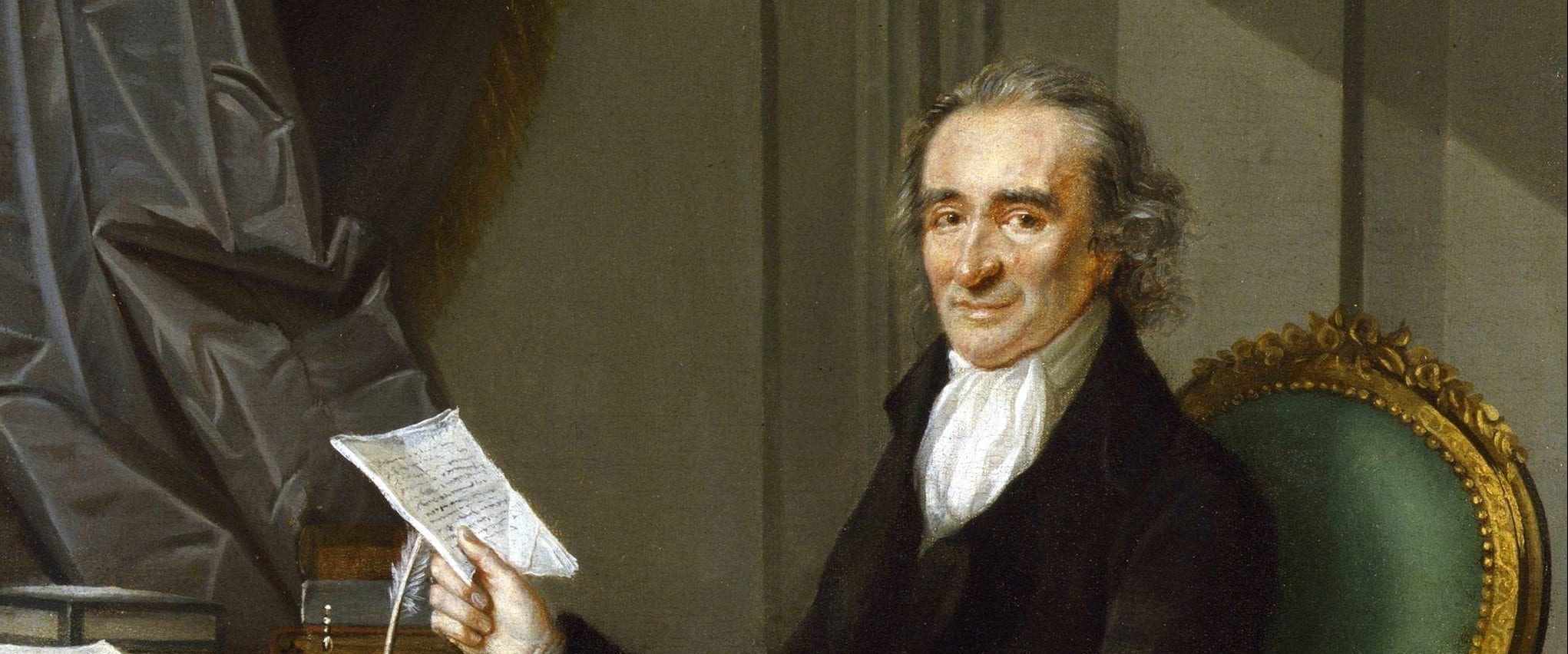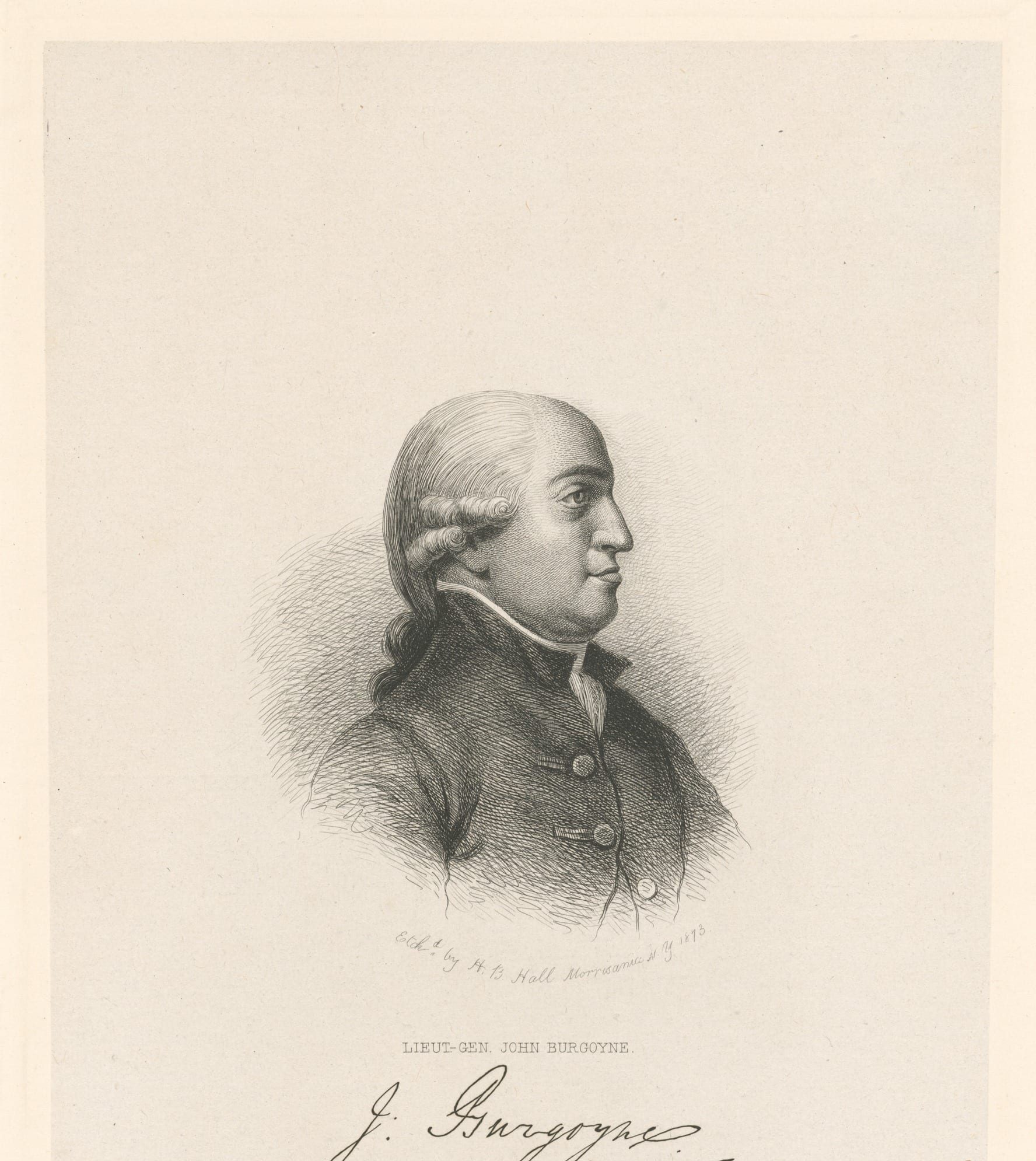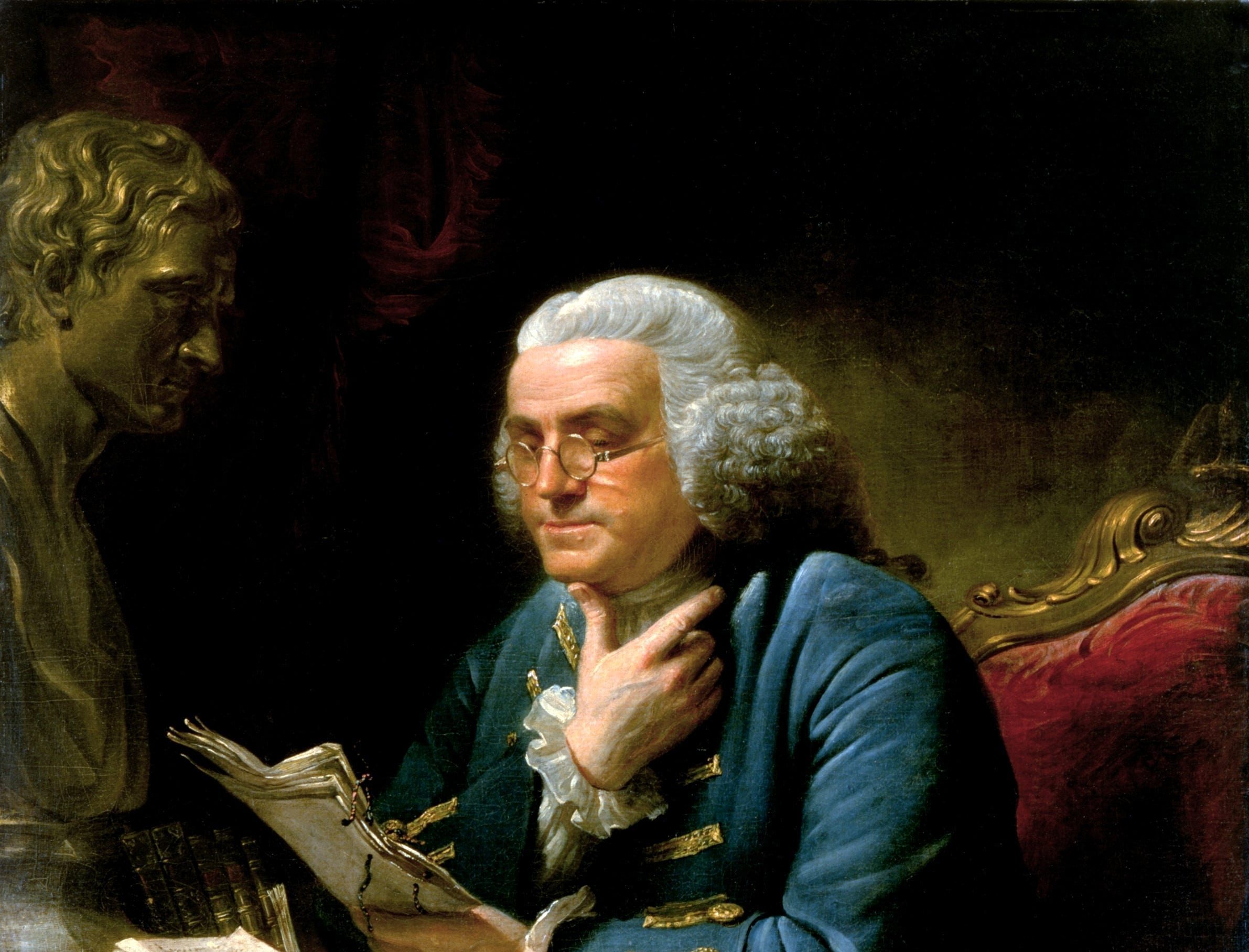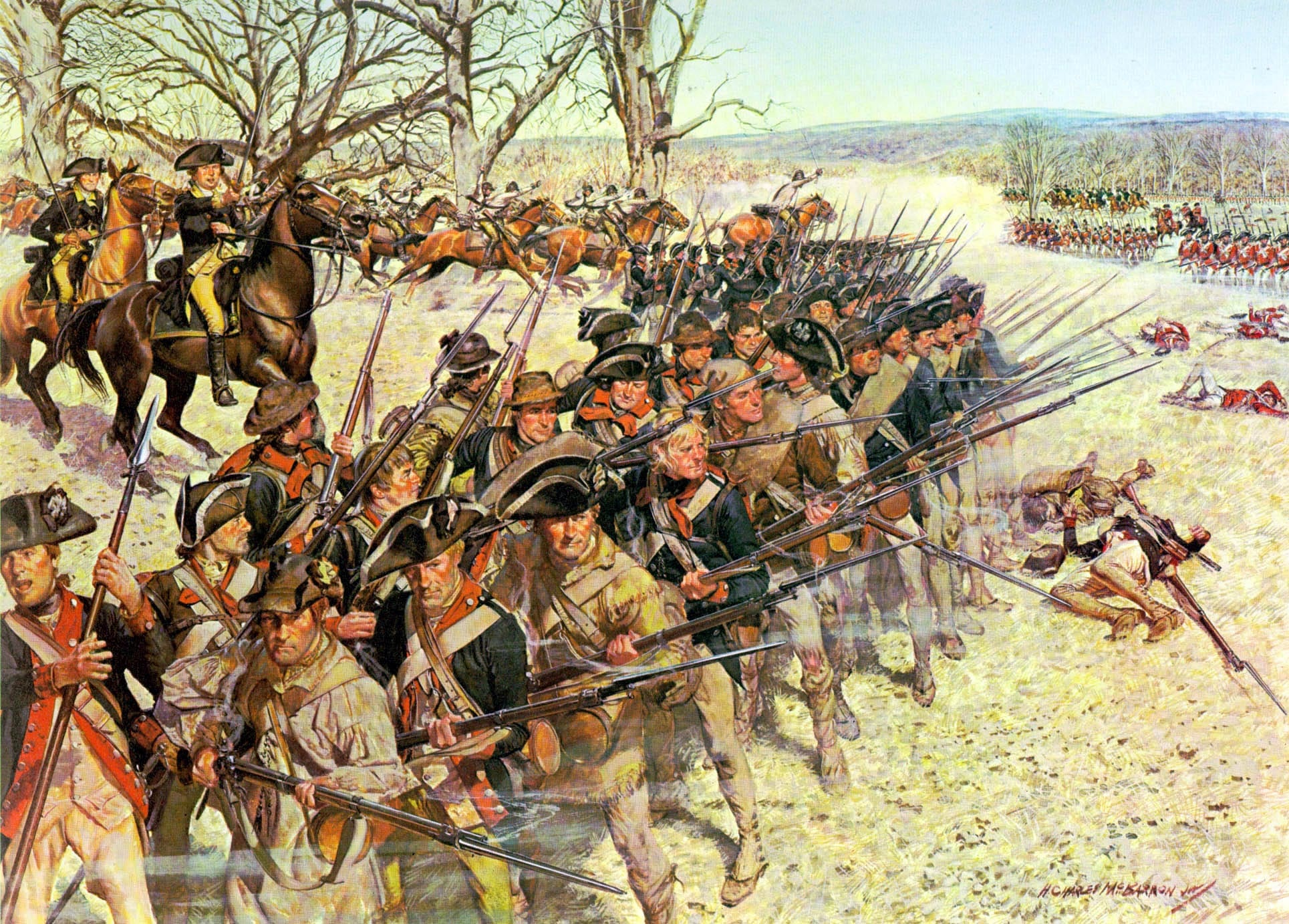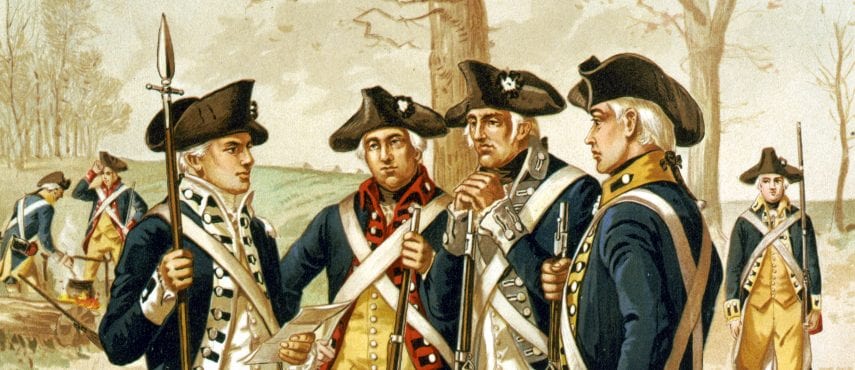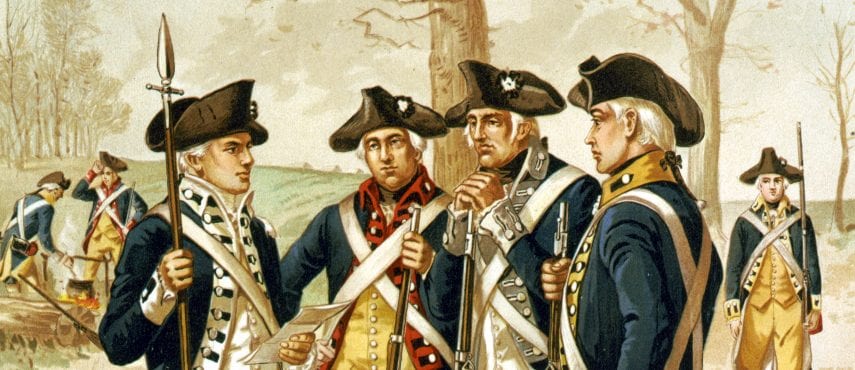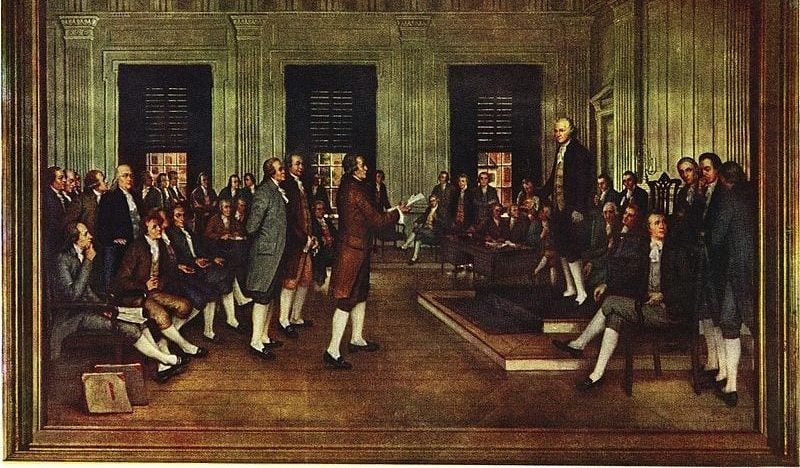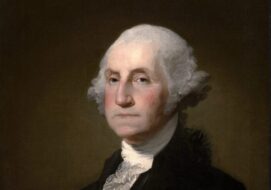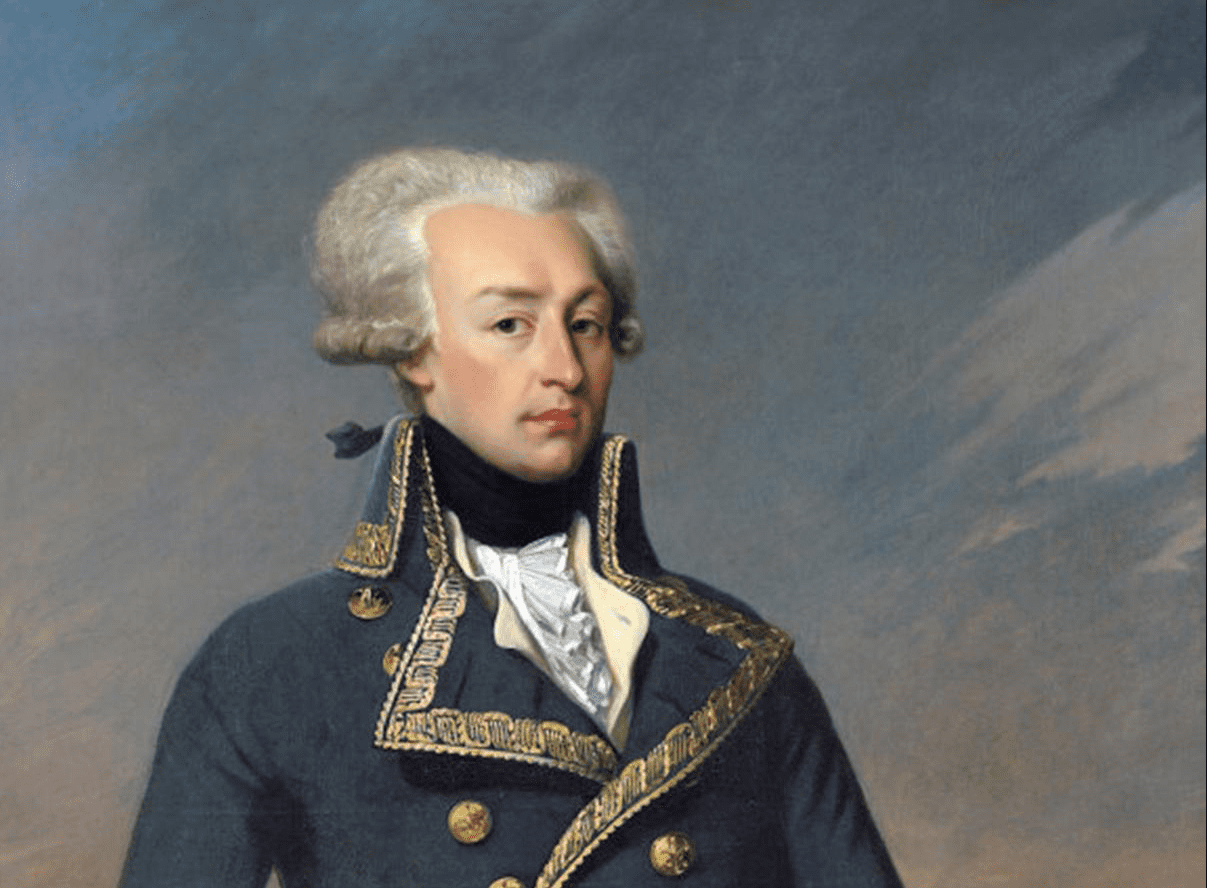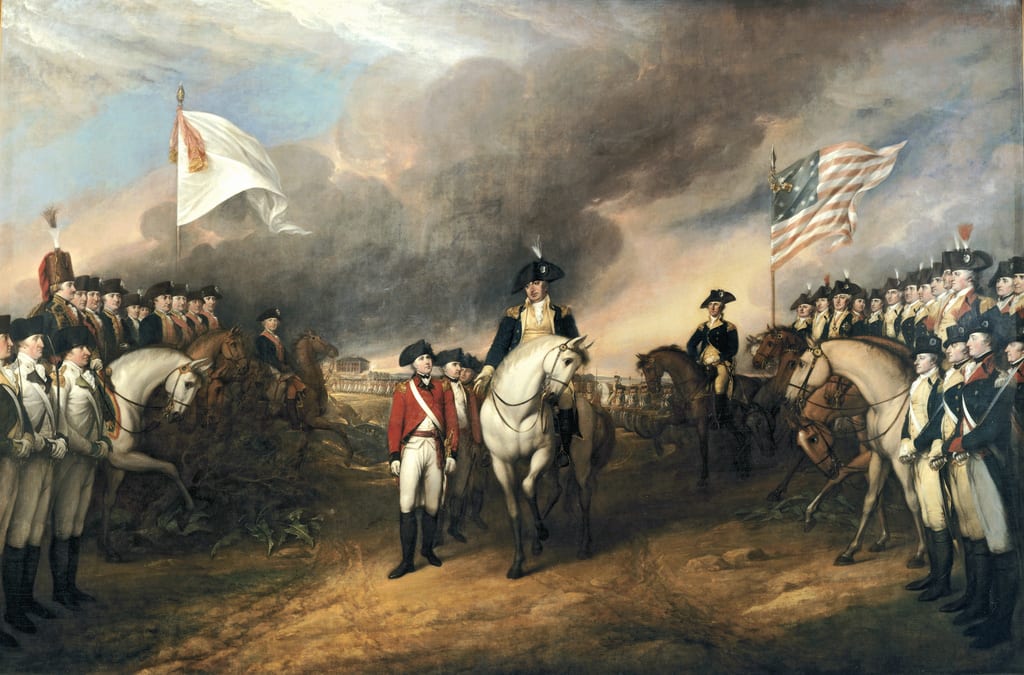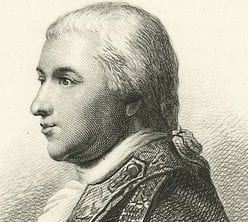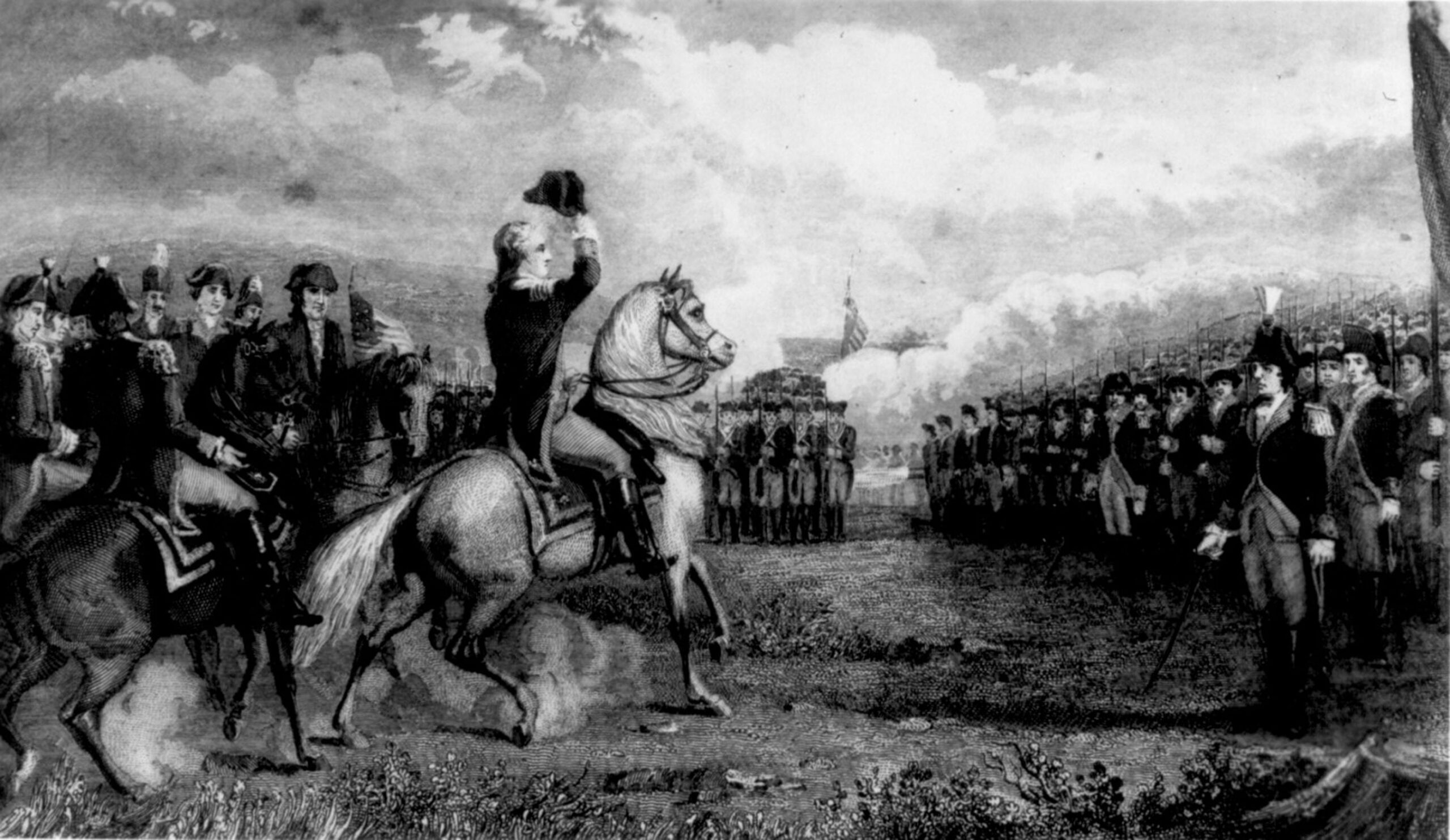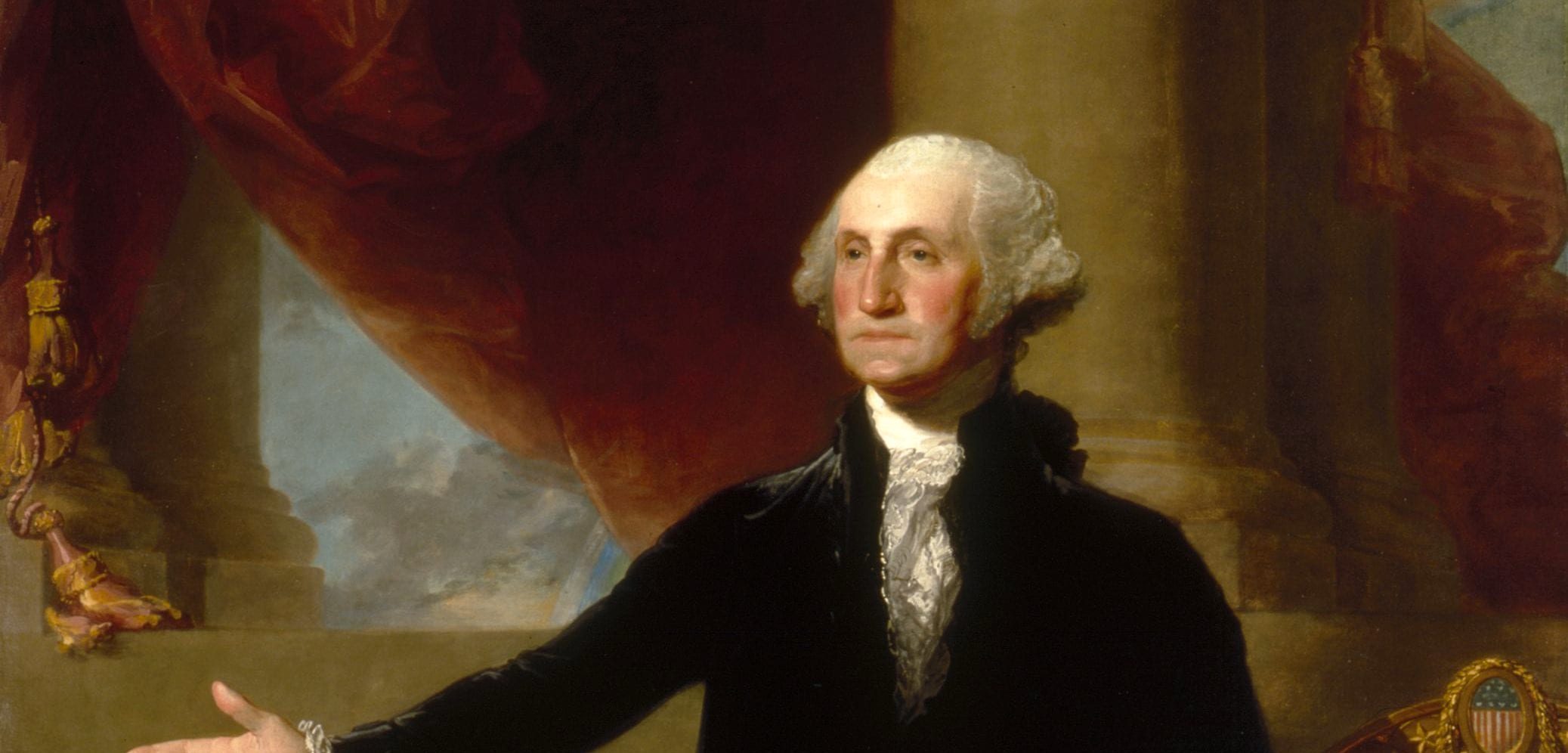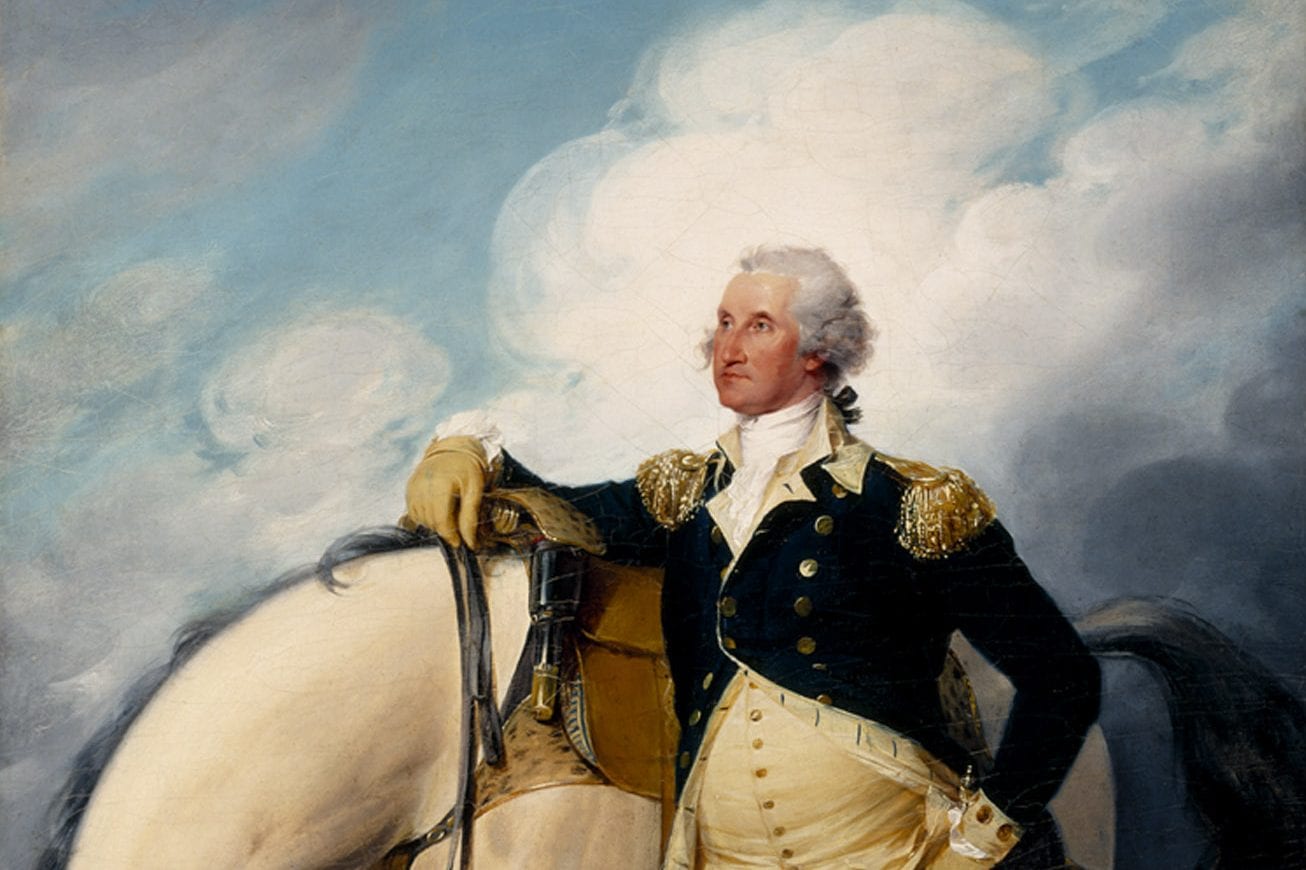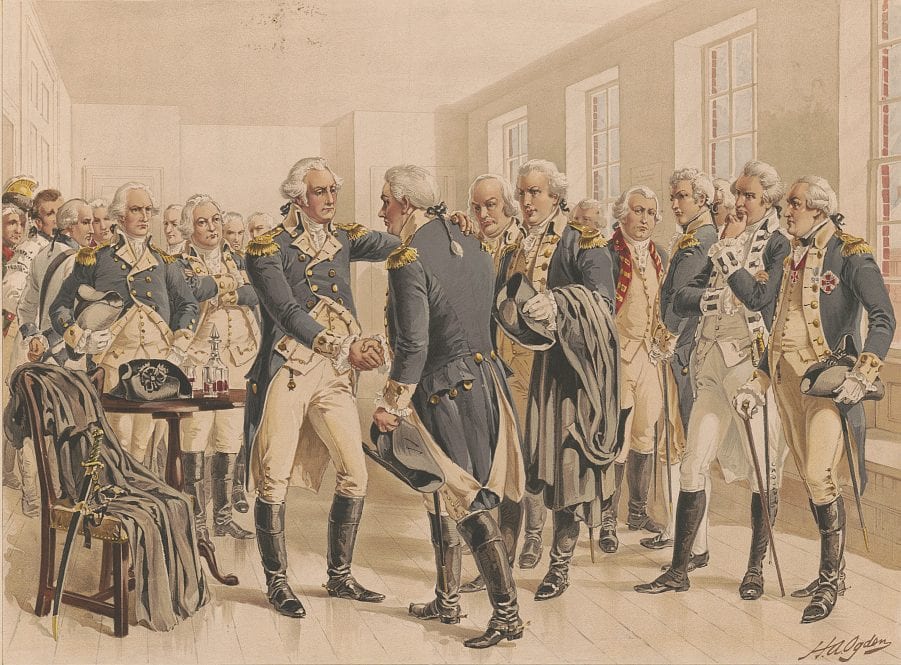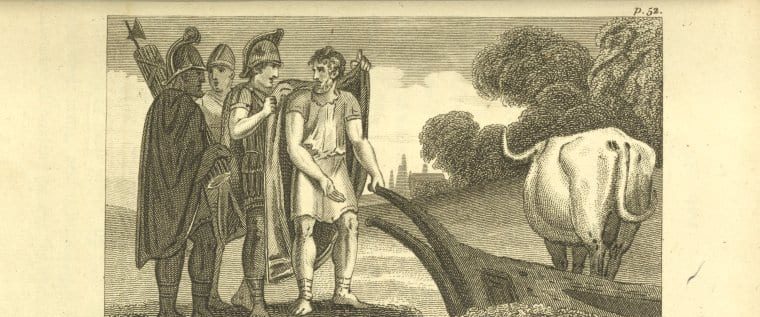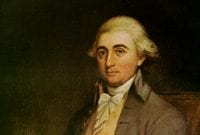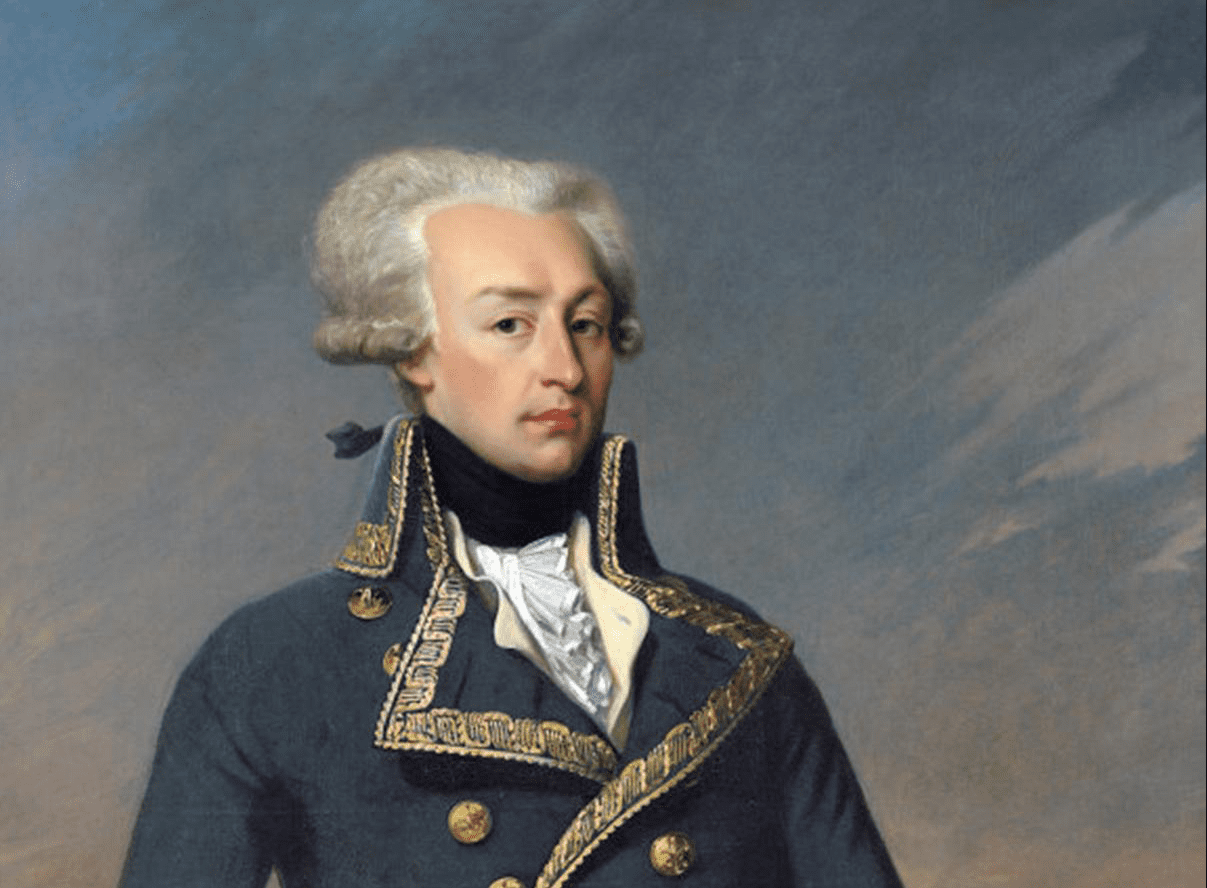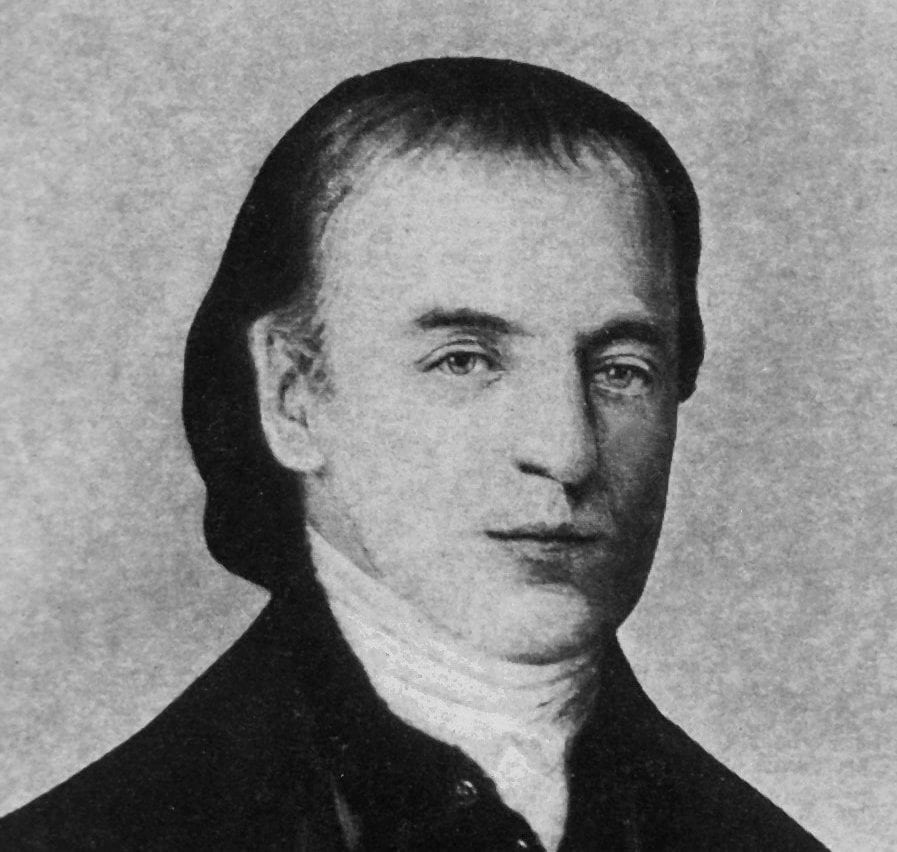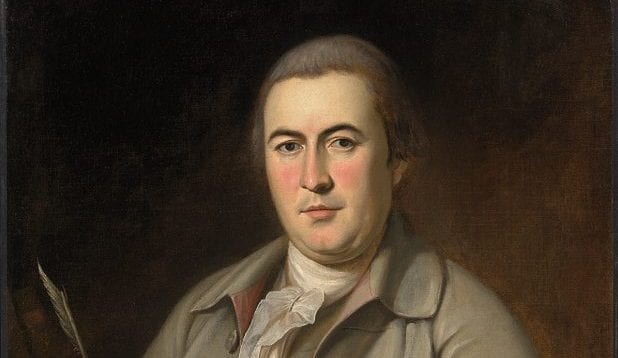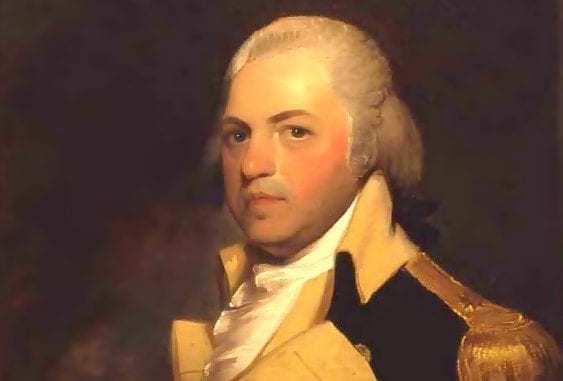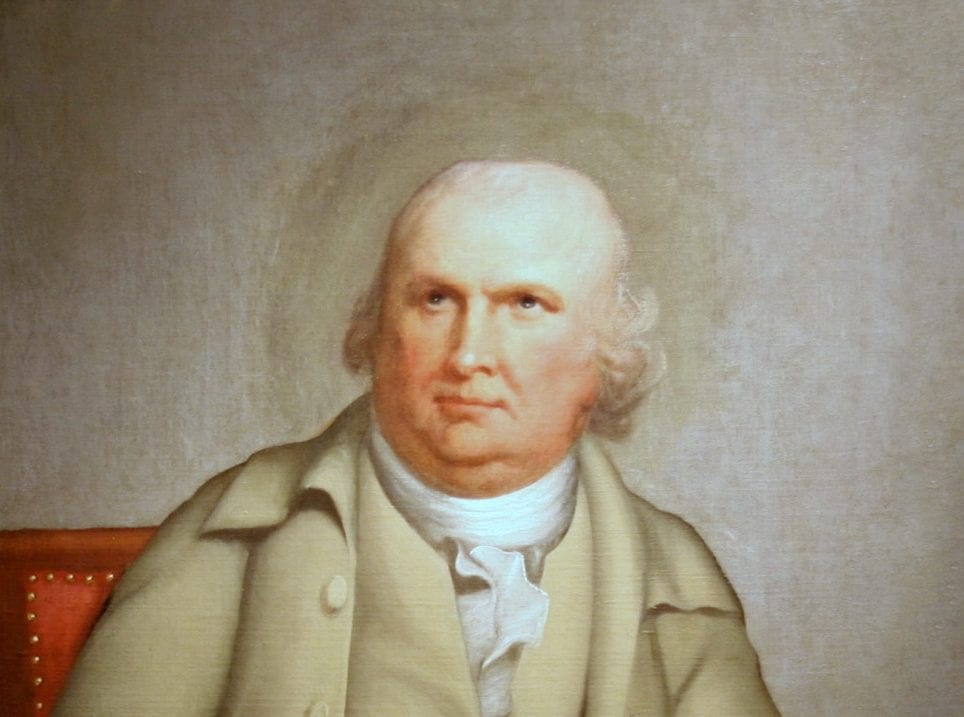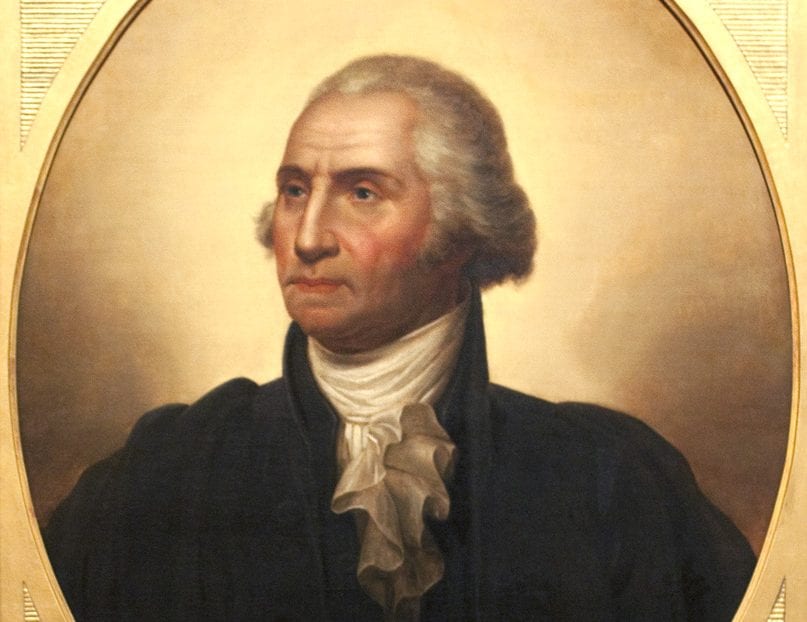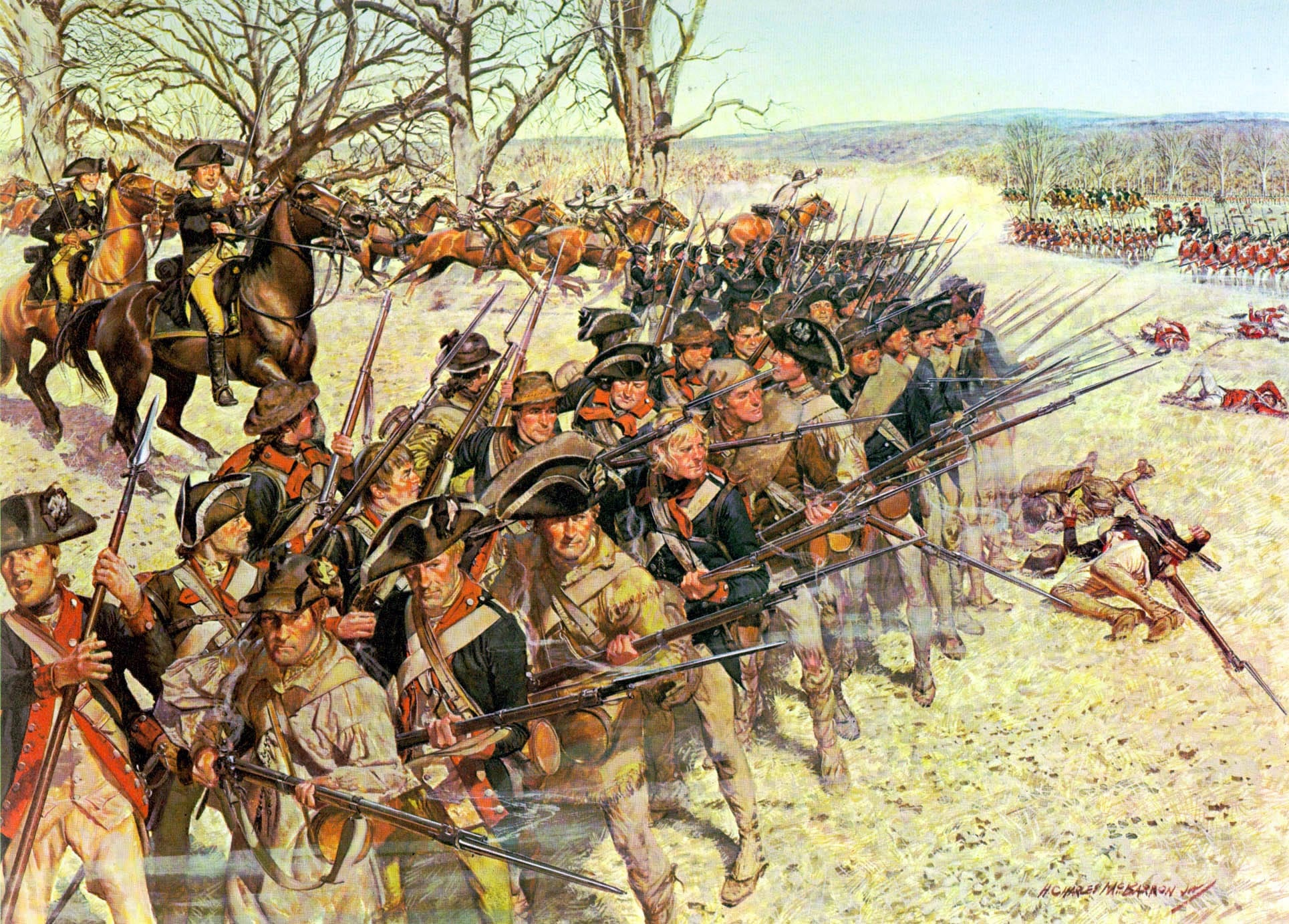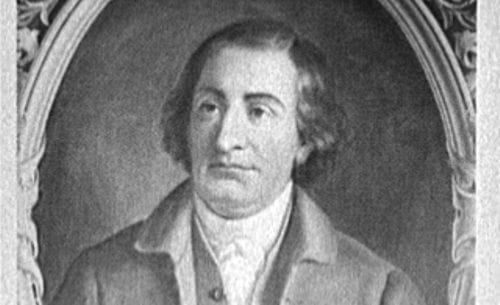Introduction
“No taxation without representation” is a well-known slogan summarizing much of the American colonists’ resistance to the actions taken by the British government following the French and Indian War. Americans resisted not only through their words, but also by boycotting goods that were subject to the hated taxes. Women—then as now, often responsible for household shopping—were active participants and sometimes even leaders in these boycotts. On the afternoon of October 25, 1774, fifty-one ladies of Edenton, North Carolina, met and pledged to support the nonimportation agreements. The action of these women captured the attention of the British press and was reported in the London newspapers, sometimes approvingly (as in this document) and sometimes with ridicule (see image above).
—Sarah A. Morgan Smith
Source: Edenton Ladies’ Agreement, October 27, 1774, Morning Chronicle and London Advertiser, January 16, 1775.
The provincial deputies of North Carolina having resolved not to drink any more tea nor wear any more British cloth, etc., many ladies of this province have determined to give a memorable proof of their patriotism, and have accordingly entered into the following honorable and spirited association. I send it to you to show your fair countrywomen how zealously and faithfully American ladies follow the laudable example of their husbands, and what opposition your matchless ministers may expect to receive from a people, thus firmly united against them:
Edenton, North Carolina, October 25 [1774]
As we cannot be indifferent on any occasion that appears nearly to affect the peace and happiness of our country, and as it has been thought necessary, for the public good, to enter into several particular resolves by a meeting of members deputed from the whole province, it is a duty which we owe, not only to our near and dear connections, who have concurred in them, but to ourselves, who are essentially interested in their welfare, to do everything, as far as lies in our power, to testify our sincere adherence to the same; and we do therefore accordingly subscribe this paper as a witness of our fixed intention and solemn determination to do so:
{Abagail Charlton, Mary Blount, F. Johnstone, Elizabeth Creacy, Margaret Cathcart, Elizabeth Patterson, Anne Johnstone, Jane Wellwood, Margaret Pearson, Mary Woolard, Penelope Dawson, Sarah Beasley, Jean Blair, Susannah Vail, Grace Clayton, Elizabeth Vail, Frances Hall, Elizabeth Vail, Mary Jones, Mary Creacy, Anne Hall, Mary Creacy, Rebecca Bondfield, Ruth Benbury, Sarah Littlejohn, Sarah Howcott, Penelope Barker, Sarah Hoskins, Elizabeth P. Ormond, Mary Littledle, M. Payne, Sarah Valentine, Elizabeth Johnston, Elizabeth Crickett, Mary Bonner, Elizabeth Green, Lydia Bonner, Mary Ramsay, Sarah Howe, Anne Horniblow, Lydia Bennet, Mary Hunter, Marion Wells, Teresia Cunningham, Anne Anderson, Elizabeth Roberts, Sarah Mathews, Elizabeth Roberts, Anne Haughton, Elizabeth Roberts, and Elizabeth Beasly}[1]


